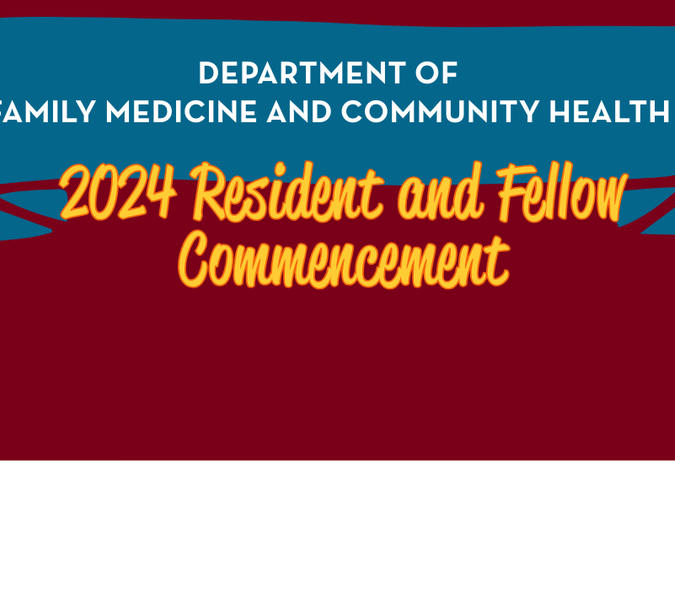Prestigious NIH Clinical Trial Awarded to Reduce Childhood Obesity Disparities Using mHealth and Video Feedback Technology

A new NIH clinical trial was awarded to Jerica Berge, PhD, MPH, LMFT, CFLE, along with her interdisciplinary team of co-investigators Dianne Neumark-Sztainer, PhD, MPH (Public Health), Katie Loth, PhD, MPH (Family Medicine), Tai Mendenhall, PhD (Family Social Science), Michael Miner, PhD (Family Medicine-PHS), Angela Fertig, PhD (Humphrey School of Public Affairs), and Allan Tate, PhD (Epidemiology and Biostatistics, University of Georgia). Amanda Trofholz is the project director of the study and Mark Janowiec will be programming the mobile health (mHealth) component of the grant. The pre-awards staff that submitted the grant were Kendall Choate and Urszula Parfieniuk. The post-award account who will be managing the award is Tim Sanford. The clinical trial entitled, "Reducing Childhood Obesity Using Ecological Momentary Intervention (EMI) and Video Feedback at Family Meals," was funded by NHLBI on an R61/33 mechanism. The total award was $5,001,981.04. The NIH has become increasingly more stringent on awarding clinical trials, and the competition is stiff! NHLBI only funds approximately 3-5 R61/33 awards per year.
This study is one of the first to use ecological momentary intervention tools (i.e., mHealth) to intervene with parental stress to improve the home food environment. With the low-to-moderate success with childhood obesity interventions to date and the persistent obesity disparities across race/ethnicity and socioeconomic status, there is a need to approach childhood obesity in a new and innovative way. Building on the last three decades of research on childhood obesity, the main objective of the proposed study is to utilize state-of-the-art intervention methods including ecological momentary intervention (EMI), video feedback, and home visiting methods in partnership with community health workers (CHWs) to examine whether increasing the quality of family meals (i.e., dietary quality, interpersonal atmosphere) and quantity of family meals (i.e., frequency of meals) reduces childhood obesity disparities.
The proposed individual randomized controlled effectiveness trial, based on the team's prior work, tests combinations of factors (i.e., EMI, home visiting, video feedback, virtual, hybrid) across three study arms to identify the most effective approach to reducing childhood obesity disparities: (1) EMI; (2) EMI+Hybrid Home Visiting (HV)+Video Feedback; and (3) EMI+Virtual HV+Video Feedback. All arms will receive 16 weeks of mHealth stress reduction tips and resources. Arms two and three will additionally receive eight home visits focused on family meal quality and quantity and video feedback focused on family meal behavior(s)/patterns delivered by a CHW during the eight in-home visits. All arms will also receive an eight-week maintenance phase allowing for progressively less support of families so they can increase self-efficacy and sustainability of behavior change. Testing the virtual versus hybrid model of home visiting is new to the field, and study results will significantly advance the field with regard to using virtual approaches to childhood obesity treatment.
The intervention will be carried out for six months with children with overweight/obesity (i.e., BMI ≥85%ile) who are ages 5-8 years (n=510), from low income and diverse households including African American, Hispanic, Native American, and white families. Specifically, the intervention will be delivered to the family unit and primary outcomes will include child weight (i.e., BMI %ile) and diet quality (i.e., Healthy Eating Index). Secondary outcomes will include parent and other family members' weight and weight-related behaviors. Results of this efficacy trial will then be used to fund an effectiveness dissemination study to be carried out in primary care clinics. This study has high potential to change clinical practice by creating a new model of childhood obesity treatment to be used in primary care settings with CHWs as interventionists and mHealth technology to intervene in real time on parental stress and the home food environment to reduce childhood obesity disparities.
Explore another project led by Dr. Berge: Family Matters



